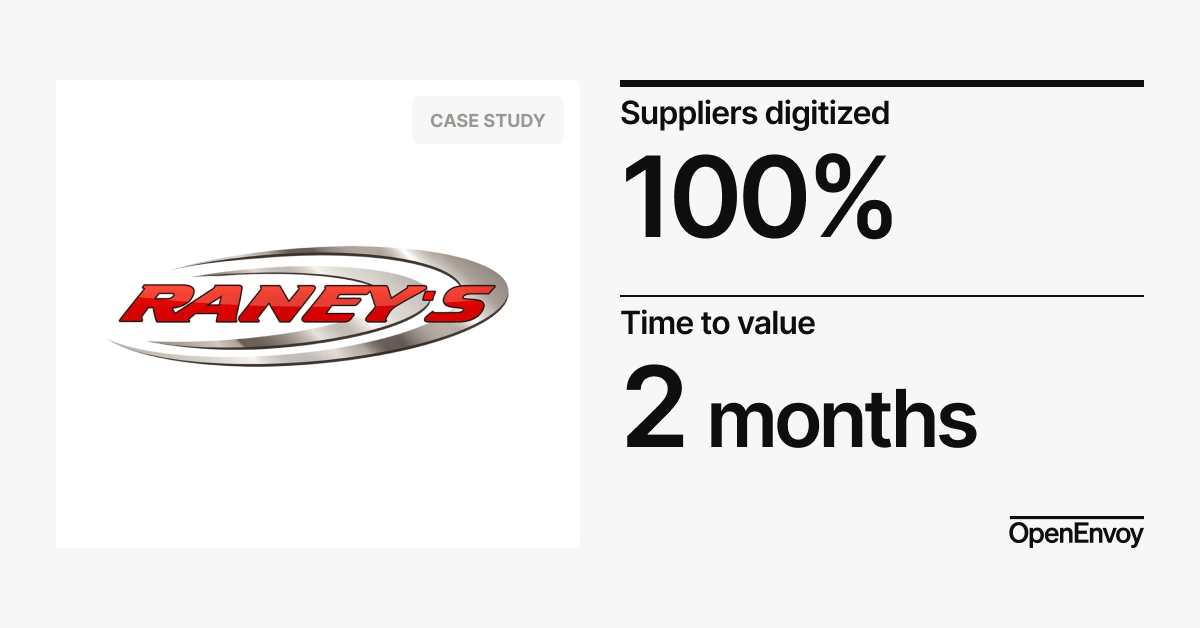-1.png)

Most professionals agree that the world has entered a new era of business—one characterized by increased digitization and the use of information technology as a leading competitive advantage.
The adoption of technology into the business sector has increased so dramatically that it is thought to be years ahead of what it would have been before COVID-19. According to McKinsey & Company, the latest study indicates that executives of organizations who experimented with new digital technologies during the crisis and invested capital into digital technology were twice as likely to report revenue growth than executives at other companies with limited digital capabilities. The study further details that such responses to COVID-19 in business are unprecedented and likely here to stay long term.
Successful executives understand that scaling their business is dependent on strategic alignment and strong leadership. Where many firms miss the mark is being naive to the importance technology plays in unlocking and accelerating growth.
CFOs are Change Agents for Digital Transformation
The role of the CFO has always undoubtedly been critical to the success of organizations. During the pandemic, the importance of CFOs has grown significantly. They are now seen as change agents of the organization who act as the primary decision-maker, thought leader, and voice of reason. Through great uncertainty, CFOs were uniquely positioned to lead their organizations in a way that determined business survival, and ultimately their success. Winning CFOs have credited intensive scenario and contingency planning in addition to cost reduction strategies as paramount to successfully navigating turbulent industry conditions.
CFOs have the ability to drive organizational strategy through the finance function to efficiently prioritize key initiatives and liberate business resources for higher priority needs. Having the ability to be agile and make quick decisions in the face of volatility is not by chance or luck, the most successful CFOs understood the importance of implementing the latest technology into their operations even before the pandemic. One of the best ways to do this is through automation using the latest artificial intelligence and machine learning technology to support accurate real-time reporting and analysis. Using the momentum from the current focus on digital initiatives, CFOs can continue to drive organizational digital transformation through the post-COVID era.
What’s Next For CFOs: Employee Experience & Operational Excellence
Empower the finance team with more engaging work.
In 2022, hiring, retaining, and developing talent remains a top priority for finance leaders. CFOs are focused on up-leveling their finance team’s digital capacity and increasing their contribution to high-impact projects.
Finance teams are overwhelmed with high burnout rates due to ever-increasing workloads. CFOs can better manage employee burnout by actively seeking ways to make work less tedious and more engaging. One of the top things CFOs can do is reduce manual, time-intensive work so their finance team can contribute to more fulfilling, strategic projects. Automation and machine learning can enhance process efficiency for routine tasks and support employees in ways not possible before.
While technology is critical, digital transformation is unlikely to succeed if the CFO does not connect with their team on a human level. Start by bringing in the best technology and follow through with strong leadership that inspires people to see the value in transforming.
Prepare for the rebound by adopting operational excellence.
In this ever-changing era of remote work, the importance of organizational preparedness has never been greater. Business success relies on going beyond digitizing processes, requiring a broader emphasis on minimizing risk and propagating resiliency. CFOs should adopt advanced technology to generate value within the finance function and beyond. Leading CFOs are establishing automation strategies to deliver short-term results and drive value across their organization. To create operational excellence and remain ready for inevitable shifts in volume and volatility, finance teams need tools that optimize their processes and generate end-to-end visibility. With insights provided by the latest technology, CFOs can offer their organizations greater controls on market activity, encourage business growth, and manage appropriate levels of risk in this changing landscape of work.
Although the rapid adoption of new technology was prompted by the COVID-19 crisis, the digitalization of business has been evolving for decades. CFOs handled the unrest of the past two years with decisiveness and strength, but now they must revise their digital strategies to align with their growth-oriented goals. Applying the significant lessons from the past and leveraging the latest technology to tackle present issues will allow CFOs to create a distinguished impact through their digital transformation.
Serious about protecting your cashflow?















